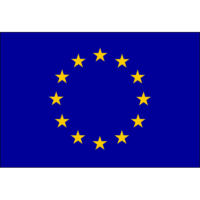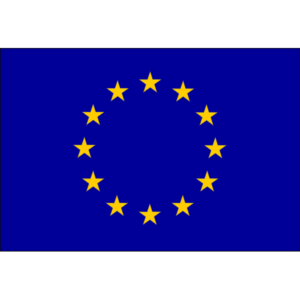The latest UK labour market report presented a mixed picture, leaving market participants uncertain about its implications. The unemployment rate increased slightly to 4.4% from 4.3% in the three months to April, marking the highest level since September 2021. This rise suggests a loosening labour market, potentially setting the stage for Bank of England (BOE) interest rate cuts. Contrarily, wage growth surged to 5.9%, indicating robust economic activity, which typically does not justify a rate hike. The upcoming BOE meeting on June 20th will be closely watched for any indications of a late summer rate cut. However, the BOE will enter a quiet period post-meeting until after the election.
The labour market’s inactivity rate, a politically sensitive issue, increased to 22.3% between February and April. This rise highlights a significant portion of the working-age population not participating in the labour market, straining public finances and contributing to persistent wage growth. Employers, eager to retain their staff, are likely to keep wages elevated. Addressing this inactivity is crucial for long-term UK economic growth, although it is unlikely to be a focal point in election manifestos.
Data also indicated a slight slack in the economy, with the number of vacancies falling by 12,000 to 904,000 between March and May. Despite this decrease, vacancies remain higher than pre-pandemic levels, suggesting continued upward pressure on wages. Annual wage growth, including bonuses, stood at 5.9%, and 6% without bonuses. Real wages, adjusted for inflation, also rose, but the BOE anticipates inflation fluctuations, potentially causing real wages to vary significantly. Consequently, real wage growth alone may not prompt a rate cut.
The market reaction to the employment data focused on the rising unemployment rate. Gilt yields dropped nearly 5 basis points to 4.36%, while GBPUSD fell by 20 points to $1.2720. The FTSE 100 showed signs of recovery following a decline due to French election news. There is now a 40% probability of an August rate cut being priced into the market, though a rate cut this year remains fully priced in. Nonetheless, the shift in interest rate expectations could pressure the pound.
In Europe, markets rebounded after being shaken by the French Parliamentary election news. The euro showed signs of recovery, trading above 1.2760 but still below critical resistance at $1.08. French 2-year yields reached their highest levels since January, with the spread between French and German yields widening as French bonds faced pressure due to political uncertainties. European stocks, mostly green, saw French banks continue to decline, albeit less sharply. French exporters like Renault, L’Oreal, Sanofi, Kering, and Hermes performed well, being less impacted by domestic political turmoil. The outlook for French banks remains uncertain as bond weaknesses persist through the election cycle, potentially affecting the sector in the medium term.
Fidelity European Trust PLC (LON:FEV) aims to be the cornerstone long-term investment of choice for those seeking European exposure across market cycles.



